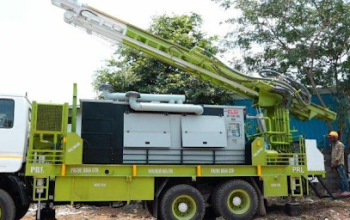1. COVID-19 pandemic: The pandemic has exacerbated global poverty and inequality, pushing millions of people into extreme poverty due to job losses, reduced incomes, and disrupted access to essential services.
2. Economic recessions: Many countries experienced severe economic recessions in 2020, leading to increased unemployment rates and higher levels of poverty and inequality.
3. Social protection measures: Several governments implemented social protection measures to alleviate the impact of the pandemic on vulnerable populations, such as cash transfers, unemployment benefits, and food assistance programs.
4. Debt relief initiatives: Various debt relief initiatives were launched to support low-income countries struggling with the economic consequences of the pandemic, providing temporary relief from debt repayments.
5. Vaccine inequities: The access to COVID-19 vaccines has been unequal, with wealthier countries securing a majority of the vaccine doses. This has deepened global inequalities, leaving many low-income countries with limited access to vaccines.
6. Education disruptions: School closures and remote learning challenges due to the pandemic have disproportionately affected children from disadvantaged backgrounds, exacerbating existing education inequalities.
7. Climate change impact: Climate change impacts have worsened poverty and inequality in many regions, leading to increased vulnerability, displacement, and food insecurity, especially among the poorest communities.
8. Digital divide: The pandemic has highlighted the digital divide, as access to technology and internet connectivity has become crucial for education, work, and accessing essential services. Lack of access to digital tools has further widened the inequality gap.
9. Migration and remittances: The pandemic significantly affected migrant workers, who often face precarious employment conditions. Border closures and job losses reduced remittance flows, impacting livelihoods and poverty rates in their home countries.
10. Social mobilization: 2020 witnessed significant social mobilization around issues of poverty and inequality, with increased public awareness and demand for more equitable and inclusive policies and systems.
It’s important to note that this list is not exhaustive, and the impacts of poverty and inequality are complex and multidimensional. The developments highlighted here represent some of the key global trends and events in this field during the year in question.



